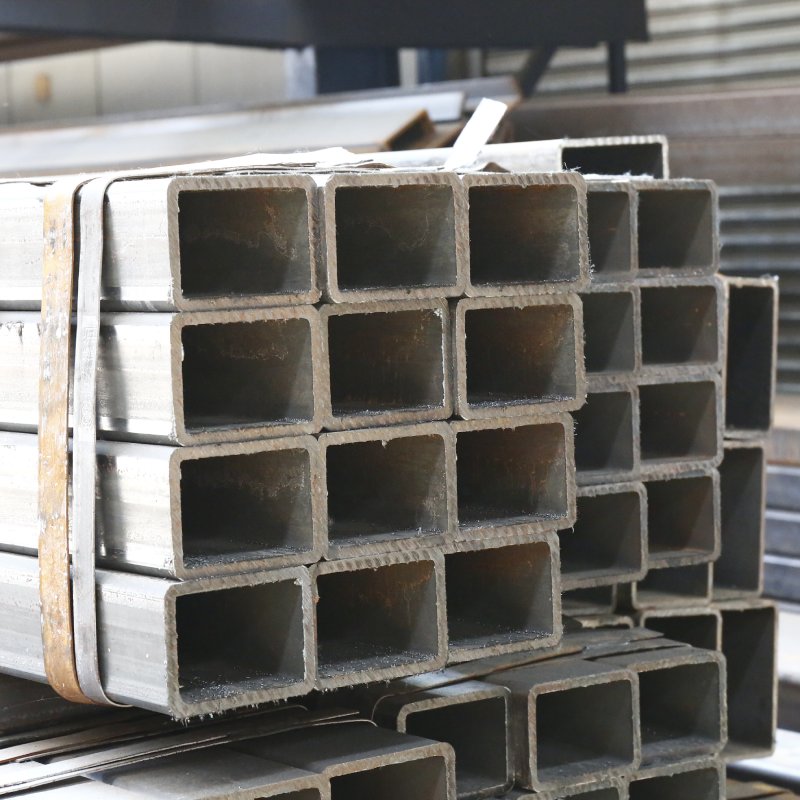
Image source Aiweiblockmachine
Entrepreneurship and small-scale manufacturing with brick making machines offer individuals and communities the opportunity to create sustainable businesses while addressing local construction needs. The versatility and accessibility of these machines empower entrepreneurs to contribute to economic development, job creation, and improved infrastructure. Here’s how entrepreneurship and small-scale manufacturing with brick making machines can make a difference:
1. Local Economic Development: Starting a brick-making business contributes to local economic development by generating employment opportunities, fostering entrepreneurship, and injecting money into the local economy.
2. Job Creation: Entrepreneurship with brick making machines creates jobs not only for machine operators but also for those involved in brick production, transportation, sales, and construction.
3. Skill Development: Operating brick making machines requires technical skills. Entrepreneurs and workers can acquire valuable skills in machine operation, maintenance, quality control, and business management.
4. Accessible Entry Point: Brick making machines offer a relatively accessible entry point for small-scale entrepreneurs to enter the construction industry without requiring significant capital investment.
5. Meeting Local Demand: Entrepreneurs can tailor their brick production to meet local demand for construction materials, contributing to the growth of affordable housing and infrastructure.
6. Community Empowerment: Entrepreneurial ventures with brick making machines empower communities by providing the means to address their own construction needs, reducing reliance on external suppliers.
7. Customization for Local Needs: Entrepreneurs can produce bricks that are specifically designed for local climate conditions, cultural preferences, and architectural styles.
8. Infrastructure Improvement: Entrepreneurs contributing to small-scale brick production play a role in improving local infrastructure by providing quality building materials for roads, schools, healthcare facilities, and more.
9. Green Business Practices: Entrepreneurs can align their brick-making businesses with green business practices by using sustainable materials, energy-efficient production processes, and eco-friendly additives.
10. Rural Development: Entrepreneurship with brick making machines can revitalize rural areas by creating income-generating activities and promoting construction development in underserved regions.
11. Women’s Empowerment: Women entrepreneurs can participate in brick production and business ownership, contributing to gender equality and women’s economic empowerment.
12. Supporting Informal Settlement Upgrades: Entrepreneurs can play a role in upgrading informal settlements by providing formalized, safe, and affordable building materials for residents.
13. Affordable Housing Initiatives: Entrepreneurs can collaborate with affordable housing projects, supplying bricks that meet quality standards and contribute to cost-effective construction.
14. Entrepreneurial Ecosystems: The establishment of brick-making businesses can foster a supportive entrepreneurial ecosystem, including suppliers, distributors, and training providers.
15. Local Value Chain Development: Entrepreneurs with brick making machines can stimulate the development of local value chains, from raw material sourcing to construction services.
16. Social Impact: Entrepreneurs can make a positive social impact by improving living conditions, creating stable employment, and contributing to community growth.
17. Affordable Start-Up Costs: Starting a brick-making business with these machines requires relatively low initial investment compared to larger-scale manufacturing ventures. This affordability allows aspiring entrepreneurs to enter the industry with less financial risk.
18. Micro-Enterprise Opportunities: Brick making machines enable the creation of micro-enterprises that focus on specific niches, such as producing specialized bricks, custom designs, or unique color variations.
19. Community Building: Entrepreneurs who establish brick-making businesses become integral parts of their communities, contributing to local development, infrastructure growth, and a sense of unity.
20. Multi-Sector Collaboration: Entrepreneurs can collaborate with other sectors, such as construction companies, real estate developers, and NGOs, to fulfill specific construction material needs.
21. Value-Added Services: Entrepreneurs can offer value-added services such as brick delivery, on-site construction consultation, and even partnerships with architects for tailored designs.
22. Export Opportunities: Brick making businesses can explore export opportunities, supplying bricks for construction projects in neighboring regions or countries with similar construction demands.
23. Technological Adoption: Entrepreneurs embracing brick making machines stay at the forefront of technological advancement in the construction industry, enhancing competitiveness.
24. Social Innovation: Entrepreneurs can innovate by developing new brick types, incorporating sustainable practices, or creating solutions for specific construction challenges.
25. Philanthropic Impact: Successful brick-making entrepreneurs can reinvest part of their profits into philanthropic projects that benefit their communities, such as educational initiatives or healthcare programs.
26. Financial Inclusion: Entrepreneurs can leverage micro-financing and credit services to establish and expand their brick-making businesses, promoting financial inclusion.
27. Resilience to Economic Fluctuations: Brick making can offer a stable income source for entrepreneurs, as construction remains in demand even during economic fluctuations.
28. Mentorship and Training: Successful brick-making entrepreneurs can provide mentorship and training to aspiring individuals, nurturing a new generation of local business owners.
29. Local Innovation Hubs: Entrepreneurs with brick making machines can become hubs of local innovation, experimenting with new techniques, materials, and designs.
30. Long-Term Community Impact: The sustainability of brick-making businesses ensures a long-term positive impact on local communities through continued employment, economic growth, and improved infrastructure.
Conclusion: Entrepreneurship and small-scale manufacturing with brick making machines offer a pathway to economic empowerment, community development, and innovative solutions for construction needs. Entrepreneurs in this field have the opportunity to make a lasting impact on their communities while building successful and sustainable businesses. The combination of affordability, flexibility, and social impact makes brick-making entrepreneurship a powerful driver of local growth and transformation.
